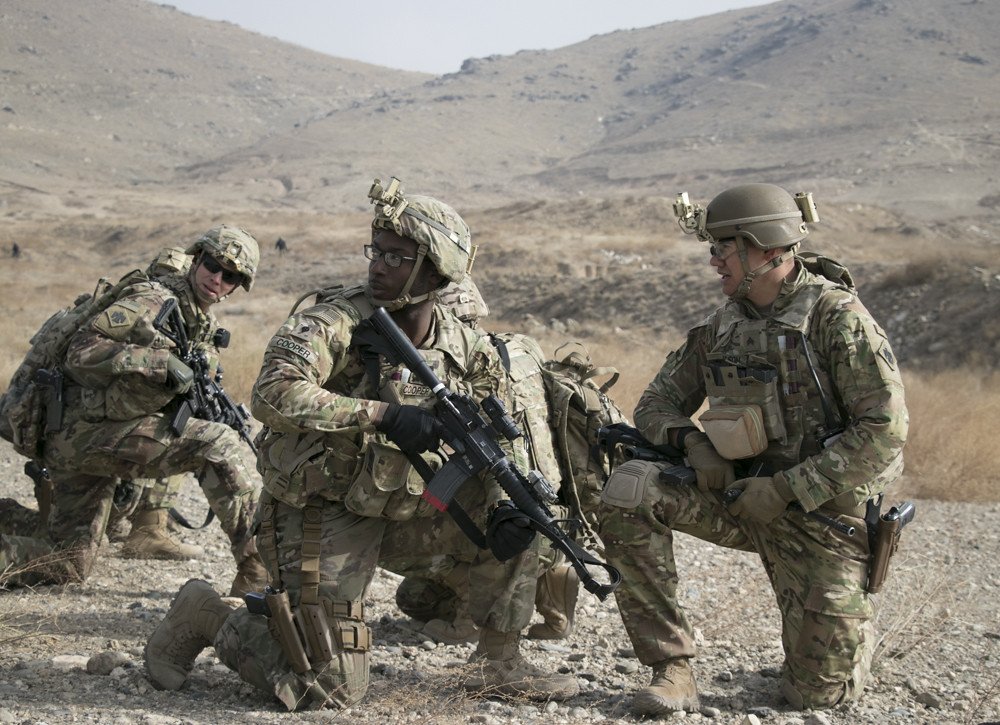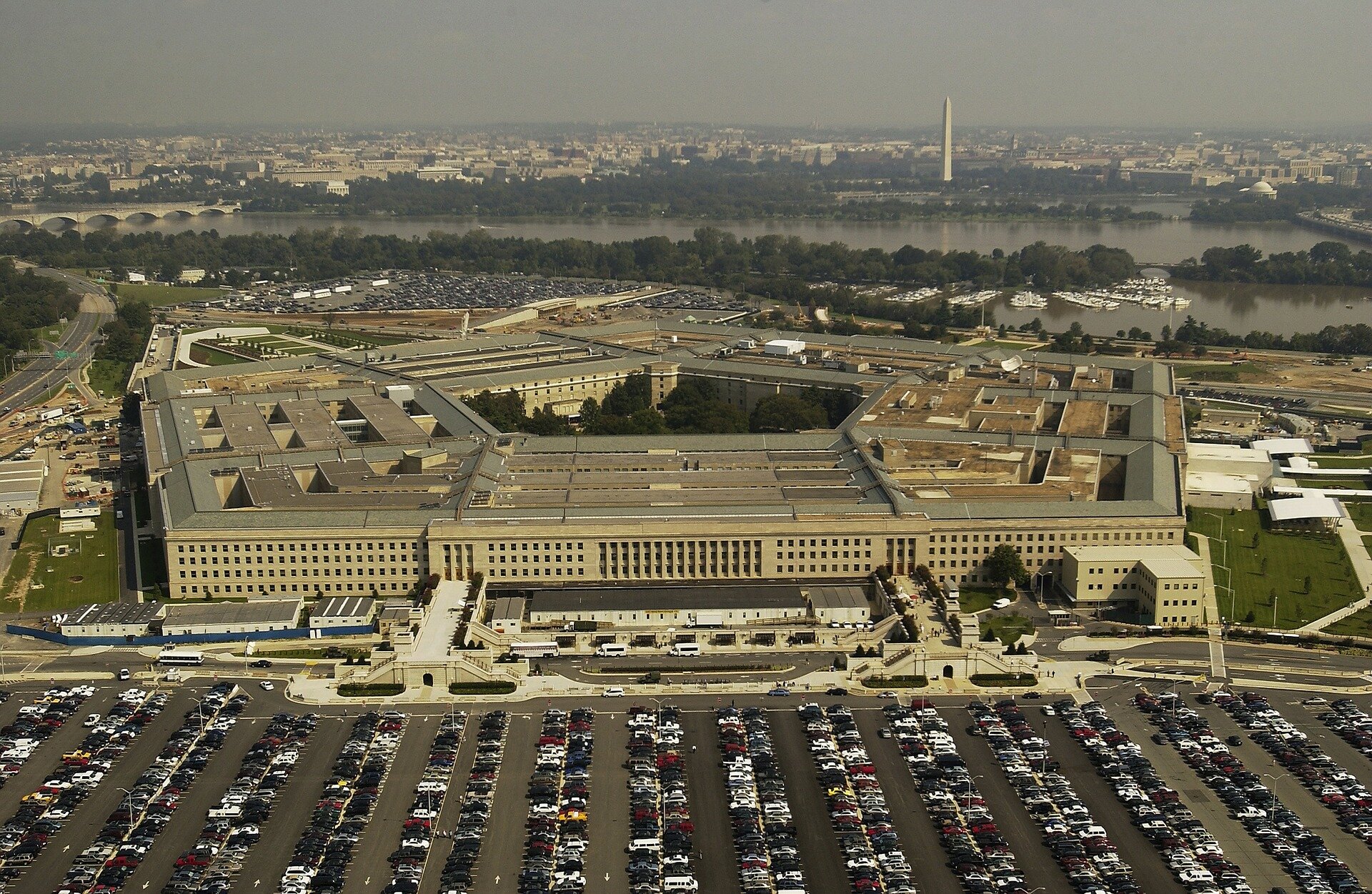Readers of the corporate media wouldn’t know it, but a grassroots political movement is beginning to see results in its mission to block the Federal Government from using state National Guard troops for foreign wars.
On Monday, March 4th, the Idaho state senate passed the Defend the Guard Act, a cookie-cutter bill that would prevent the Pentagon or the executive branch from calling up the state national guard to deploy overseas without a formal declaration of war from Congress—the kind that hasn’t been signed since 1941.
The bill was introduced in January by Sen. Ben Adams and passed in a vote of 27-8. It now heads to the state’s House of Representatives for consideration.
“This is the third legislative body to pass Defend the Guard this year, following New Hampshire, and Arizona,” Bring Our Troops Home, the group behind Defend the Guard legislation, wrote on X.
The same model legislation, based on Article I Section 8 of the US Constitution, has been passed in the Arizona senate and the New Hampshire House of Reps.
“We expect a vote in the Idaho House early next week, and the New Hampshire Senate within the next two to three weeks,” Hunter DeRensis, a terror war veteran and the communications director for Bring Our Troops Home, told WaL.
It’s likely that if it passes in Arizona, it will become law. Specifically, as it regards this state, the drone attack that killed three American soldiers at the Tower 22 base on the border with Jordan in January also injured 40 members of the Arizona National Guard, one critically so. With New Hampshire’s independent streak and the high unpopularity of the current conflicts the executive branch is engaged in, there are several reasons to believe it will pass there as well.
Texas to follow after Prop. 6
Idaho, Arizona, and New Hampshire are big victories for the Defend the Guard Movement, but next year may see the ultimate coup in this unreported political campaign.
The Texas National Guard is host to nearly 21,000 troops, the largest of any state guard unit, and Defend the Guard recently got a proposition onto the ballet during Super Tuesday which read: “The Texas Legislature should prohibit the deployment of the Texas National Guard to a foreign conflict unless Congress first formally declares war”.
84% of voters supported this proposition, with 1,865,716 votes for, and just 350k against.
“Conservatives of Texas have spoken with one, unifying voice,” said Sgt. Dan McKnight, chairman of the national veterans advocacy organization Bring Our Troops Home.
“They are demanding an end to undeclared wars and a return to adherence of the U.S. Constitution. This vote is both an affirmation and a warning: voters have alerted politicians in no uncertain words that continuing to ignore the mandates of Article I, Section 8 will have severe electoral consequences”.
Sgt. McKnight is a thirteen-year veteran of the US military, with service in the US Marine Corps Reserves, US Army, and Idaho Army National Guard, including an eighteen-month combat deployment in Afghanistan from 2005 to 2007.
Defend the Guard is already part of the Texas Republican Party’s official platform, suggesting that without dramatic federal interference, Texas will turn Prop. 6 into law during the next session.
“The Texas legislature is unique in that it only meets once every two years; this is an off year, so no new legislation is being presented,” DeRensis adds. “But with this landslide victory among Republican voters, we are very encouraged about Defend the Guard becoming a legislative priority next year”.
Deadly consequences
The movement is called “Defend the Guard” which is a bit of an oxymoron that nevertheless encapsulates a very under-reported American consequence of the terror wars; the use of what are essentially the state militias to fight foreign wars and occupy foreign countries. Hundreds of national guardsmen died in the wars in Iraq, Afghanistan, Syria, and Somalia.
The Tenth Amendment Center, which currently helps organize the spread of these Defend the Guard acts, claims that “National Guard troops have played significant roles in all modern overseas conflicts, with over 650,000 deployed since 2001”.
Military reported in 2015 that “Guard and Reserve units made up about 45 percent of the total force sent to Iraq and Afghanistan and received about 18.4 percent of the casualties”.
But it’s often only when their absence was felt back home that it became publicized to the wider American news market.
The absence of the Louisiana National Guard during Hurricane Katrina led to outrage and scandal. Not only were the soldiers stuck in Iraq deserts, but most of their helicopters—those which could have been used to rescue people from the flood waters, were stuck there with them.
In a piece by Slate in 2016 entitled “Desert, Storm,” journalist Paul Kramer details how when an emergency authorization to return nearly three-quarters of the state’s guardsmen who were overseas was approved, they brought home the traumatic policing tactics used in Western Baghdad, where the Lousiana Guard was based.
According to Kramer, their 15-day expeditious return authorization “infused rescue and relief operations with war sensibilities”.
Kramer relays local news reports of “hundreds of troops” flying into New Orleans on “Black Hawk and Chinook helicopters”.
“We’re going to go out and take the city back,” Brig. Gen. Gary Jones, commander of the Louisiana National Guard’s Joint Task Force, told a reporter at the time, according to Army Times.
“Staff Sgt. Roland Spano of the 769th Engineer Battalion, on the lookout for gunmen in New Orleans, told a newspaper that he saw similarities between his current mission and a recent deployment to Afghanistan,” writes Kramer. “‘They’re just animals over there, and they are animals here,’ he said. ‘They’re just bolder animals here'”. WaL
PICTURED ABOVE: Members of the Oklahoma National Guard conducting training operations in Iraq. PC: Oklahoma National Guard.



